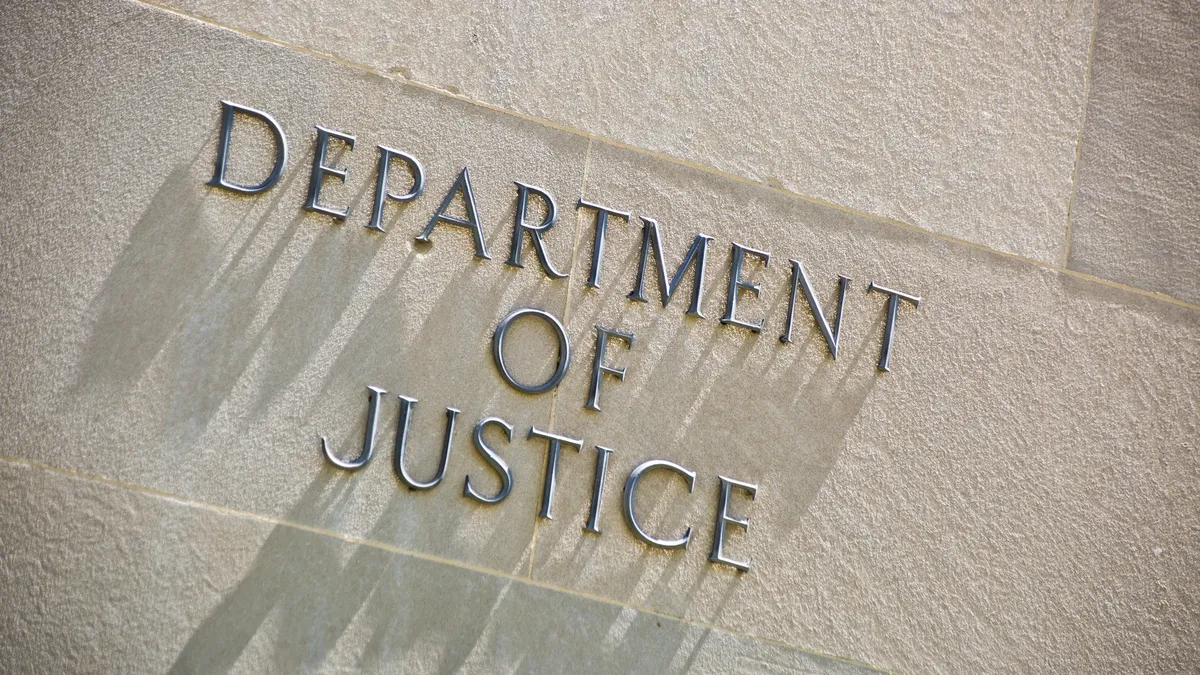The U.S. Department of Justice is working to build capacity for antitrust enforcement around the globe, an agency official said last week. The announcement follows several recent losses for DOJ in the employment space.
“We need global supply chains and labor markets to work smoothly and international trade to flourish,” Deputy Assistant Attorney General Manish Kumar said at a Global Competition Review event. “Simply put, we all benefit when markets are free from collusion.”
Describing the “comprehensive, proactive approach” DOJ is taking to enforcement of antitrust law, Kumar noted the agency is working with partners who are “force multipliers,” such as the Procurement Collusion Strike Force, an interagency partnership formed in 2019.
“Increasingly, antitrust investigations and prosecutions are not being run by the Antitrust Division alone but are being conducted in consultation and often coordination with local U.S. Attorneys’ Offices,” Kumar said.
The department is also increasingly using data analytics, hiring data scientists and investing in “cutting-edge collusion detection methods,” Kumar said.
Kumar additionally noted the importance of its leniency program and its reliance on whistleblowers, reiterating the protection that whistleblowers will be entitled to if they come forward with potentially compromising information. In fact, whistleblowing “may be an overlooked aspect of corporate compliance training,” Kumar said. “You are likely to see red flags and indicia of collusion before we do, especially in your procurement departments.”
Other federal agencies have made moves to limit corporate collusion in recent months. The Federal Trade Commission, for example, made waves when it proposed a ban on noncompete agreements earlier this year.
Despite some early wins, DOJ’s Antitrust Division has had spotty success in enforcing antitrust law recently; while the agency received its first-ever guilty plea in a case involving a no-poach agreement last fall, a jury more recently found four home healthcare company managers and owners not guilty of fixing wages and suppressing job mobility for their workers, siding against the agency.












